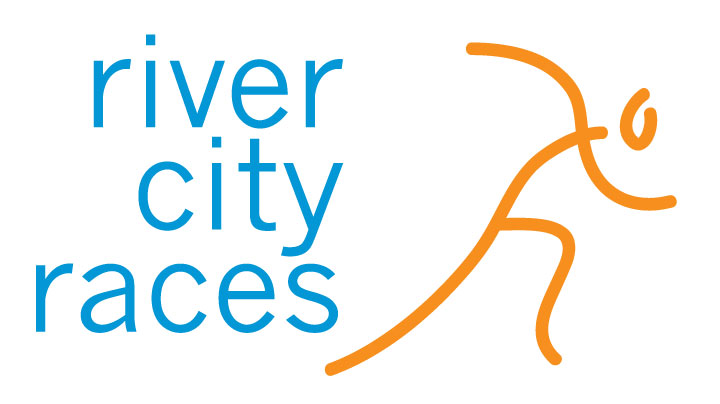Brightside will be holding two cleanup events in Louisville as part of Keep Kentucky Beautiful’s “Plogging Across the Bluegrass” awareness campaign! Runners and walkers are both welcome to join us as we pick up litter around the city and build community around green initiatives. The first event will be held at Against the Grain brewery (Main Street) on Thursday, March 2nd at 6 P.M. The second event will be at Old Louisville Brewery on Sunday, March 5th at 2 P.M. All supplies will be provided as well as a limited edition KKYB t-shirt (if registered in advance). Scan the QR codes above/below for more event details and registration links. Bring your friends and family to help us keep our city clean and enjoy individually crafted specials at the breweries afterward!
Click here for more details and to register.
What is Plogging?
In 2016, an outdoorsy Swede by the name of Erik Ahlström began changing this thinking in those who regularly passed by litter during routine cardio workouts and who felt an itch, which they did not actively scratch, to pick it up with the promotion of plogging. Plogging refers, specifically, to the activity of picking up trash while jogging, and its name is a portmanteau of the Swedish term plocka upp, meaning "to pick up," and English jogging. In Swedish, the activity goes by plogga, a combination of plocka upp with the language's word for "jog," jogga. The objective of plogging is to exercise while making the area in which you are doing so litter-free.
Plogging is a simple activity. All a plogger needs, besides a concern for the state of the environment and the ecosystem, are suitable jogging gear, the desire to get outside to jog, and the ability to stay on task—that being the scanning for and picking up quickly (to keep up the heart rate) litter while jogging. Gloves are optional but recommended, and so are bags. Although a majority of ploggers take a bag for their discoveries from home—preferably a biodegradable or reusable one that is convenient to carry—others begin plogging without one, betting they will discover one along the way. There are also some who find their hands, pockets, or waistbands will suffice, knowing their small collections of trash held on their persons are making a difference.
At the end of a plog, the plogger might—or should—sort the collected trash into recyclable and nonrecyclable piles and dispose of them accordingly. This act gives the plogger a quantifiable sense of accomplishment. Before disposal, the plogger might take a pic of their collection, and maybe of a separate curiosity or two or three that they found, to proudly share with other ploggers, as well as curious outsiders, on social media. They have made a difference in the landscape—they have a reason to take pride.


